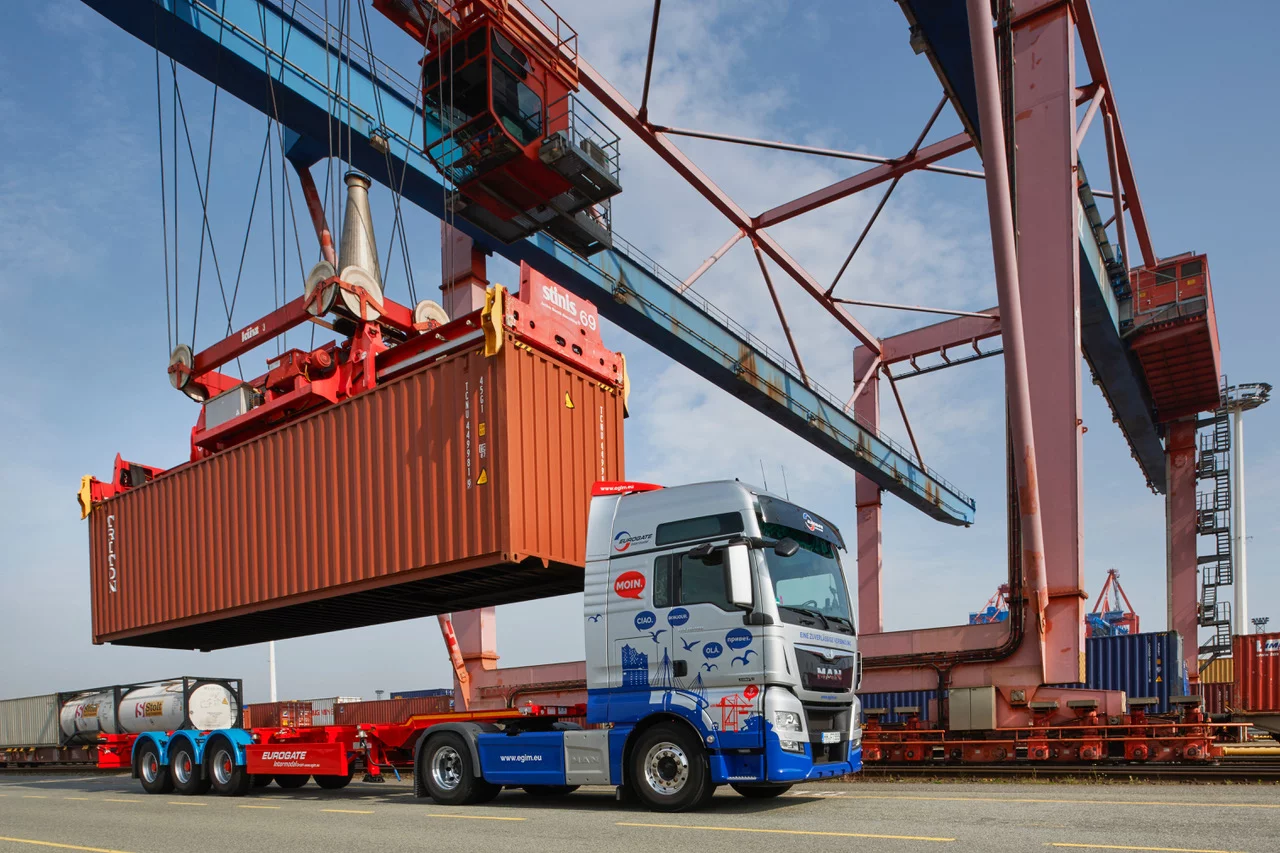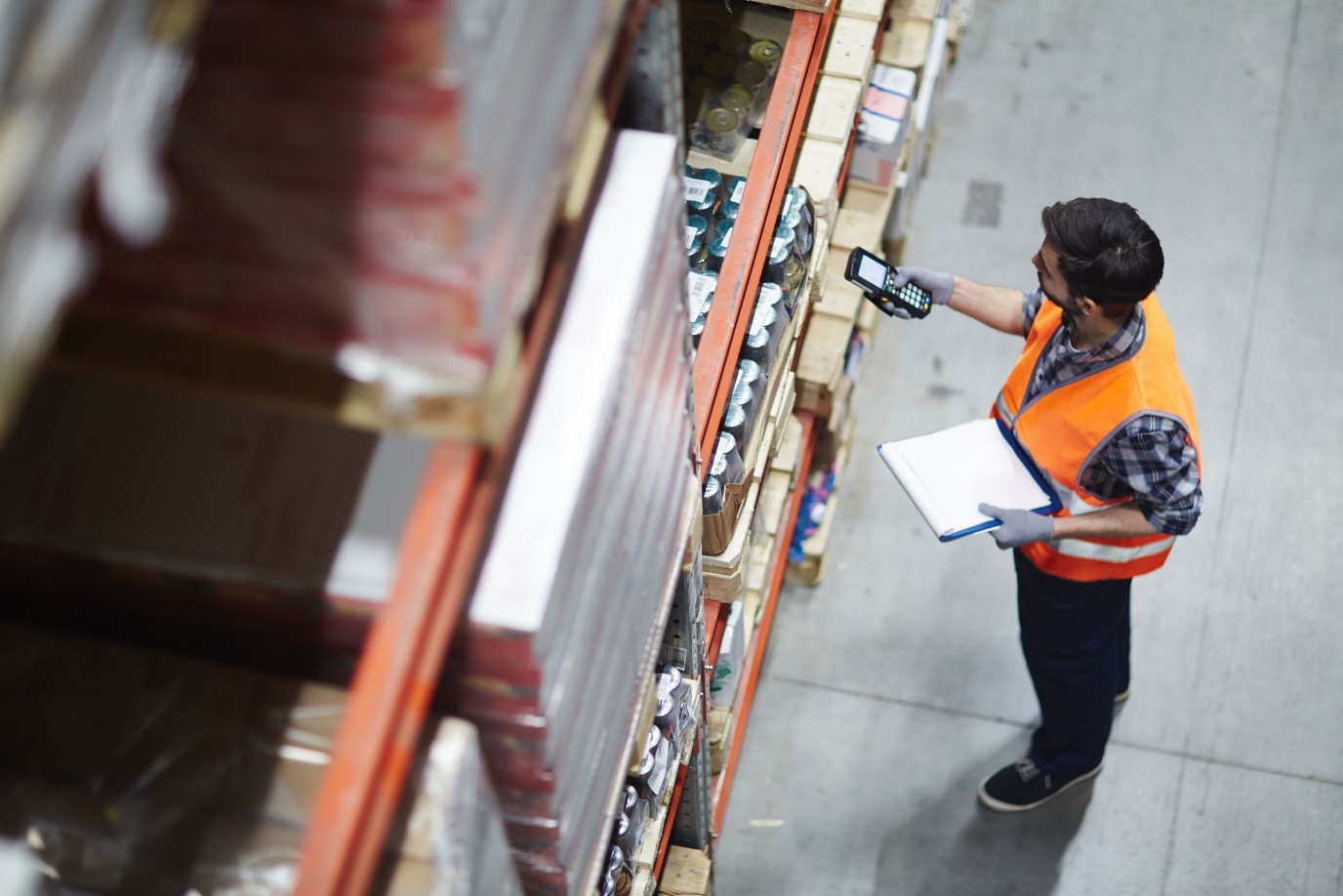Optimism in the logistics industry has fallen to its lowest level on record, says a Barclays/BDO survey, with operators concerned by tougher trading conditions, no-deal Brexit fears and skills shortages.
The Logistics Confidence Index by Barclays and accountancy and business advisory firm BDO, published today, reveals growing pessimism in the logistics industry, with an overall reading of 49.7. It is the first time in the history of the Index that confidence has dipped below the all-important 50 mark, indicating that overall the sector is more pessimistic than optimistic about the state of the market.
The Logistics Confidence Index is compiled by Barclays and BDO from in-depth surveys with over 100 industry leaders – together generating company revenues of more than £17bn – to assess the overall level of confidence and future expectations for the UK’s logistics operators.
This is the 12th iteration of the Index, which was first conducted in 2012, and shows a drop from 52.6 in H2 2018 – significantly below the record high of 74.9 posted in the second half of 2013. The fall is being driven by respondents reporting that current business conditions are more challenging than last year, with just 14% claiming they are more favourable.
Brexit fears are a significant contributor to the fall in confidence. Respondents indicated that plans for the future are being delayed as a result of Brexit uncertainty, with almost half (47%) making lower levels of investment or placing decisions on-hold due to Brexit-related issues since the 2016 referendum. Perhaps more encouragingly, it appears that the vast majority of operators are taking steps to ensure they are prepared for a range of outcomes, with just 5% saying they have taken no action in response to Brexit, down 10% from the previous Barclays/BDO survey.
Despite an increase in demand for some operators as a result of their customers’ Brexit planning, the industry is clear in its opposition to a no-deal departure from the EU for the UK.
Businesses were asked whether they would see more or less business from customers in different parts of the world under a no-deal Brexit. For EU customers, no-deal scored net -52%, with +9% under a deal; for UK customers, a no-deal outcome was also considered to be less positive than a deal being achieved (+8% and +31% respectively); and even for rest of the world customers it was +3% for no-deal, versus +9% with a deal.
Labour concerns are a persisting worry for operators, with 43% of businesses indicating that driver and skills shortages are the most important issue facing them this year. Furthermore, 59% selected drivers as the job role for which the industry’s skills shortage is having the biggest impact on their business.
Automation has been cited by some as a potential solution to skills shortages but, while there is some appetite for greater automation, responses suggest that widespread automation may still be some way off. More than 80% of those surveyed expect less than 10% of warehouse roles to be replaced by automation or robotics in the next five years. However, this is expected to increase at speed, as more than a quarter predict that at least 30% of these roles will be automated within 10 years.
There are some elements of the Logistics Confidence Index that give more cause for optimism. The majority of businesses still expect to post an increase in turnover (63%) and profit (55%) over the next year. This should feed through to increased investment, with more than a third of firms ‘very likely’ to make significant capital expenditure over the next 12 months, up 2% from 2018. There is also an increasing focus on green issues, with 72% of respondents planning to invest in sustainable projects in the coming year.
Perhaps surprisingly given heightened cost pressures and confidence concerns across the wider economy, it appears that price is not the primary consideration for logistics operators when trying to attract new business. When asked to identify the key drivers behind their recent contract wins, more respondents selected the provision of value added services and personal relationships than opted for price competitiveness.
However, in response to what the main focus to achieve their growth plans would be over the next 12 months, the most popular response was cost control (29%), suggesting that in order to thrive a balance has to be struck between managing cost and protecting margin, and being able to demonstrate to customers that they can provide value added services to differentiate their offering from competitors.
Richard Smith, Head of Transport & Logistics at Barclays Corporate Banking, said:
“Our logistics operators are sending a clear message – a no-deal Brexit is going to hurt the industry and must be avoided. The business leaders we surveyed have combined revenues of £17.2bn, so the fall in confidence they are reporting should be taken seriously.
“We don’t need to panic – the industry is extremely resilient and the Index’s dip into negative territory is marginal and comes after a long run of optimistic results. Logistics providers are doing their bit by investing in new technology and sustainability projects, but are dependent on the external environment being trade friendly to help them achieve growth and make a positive contribution to the UK economy.”







